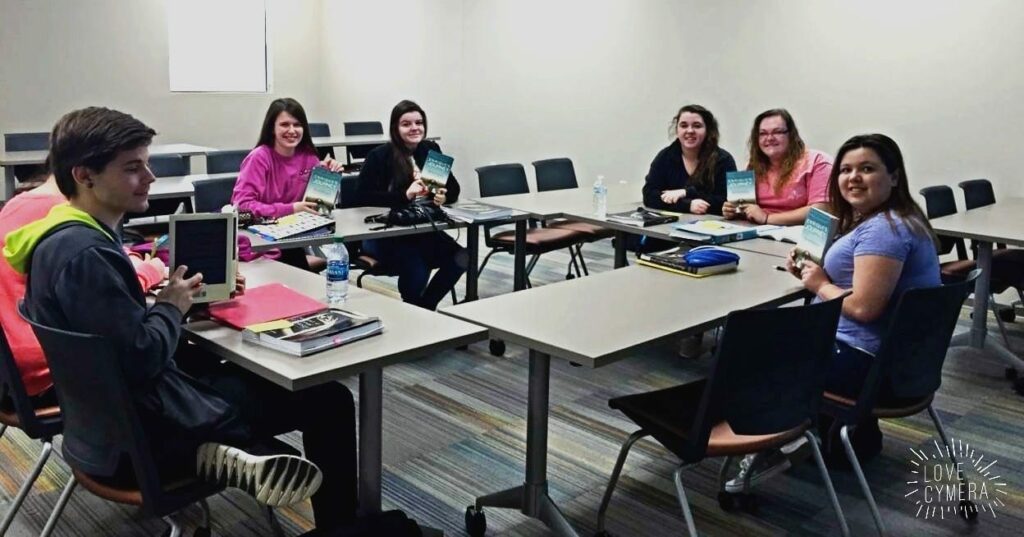Sonia Nazario is an award-winning journalist whose stories have tackled some of this country’s most intractable problems — hunger, drug addiction, immigration — and have won some of the most prestigious journalism and book awards. She will be speaking to local audiences on Thursday, April 7, in Randolph County Development Center on the campus of Black River Technical College, Pocahontas. Presentations, free and open to the public, are at 9:30 a.m. and 7 p.m.
Her presentation, titled, “Enrique’s Journey and America’s Immigration Dilemma,” is a capstone event of the “Opening Hearts and Minds Project” sponsored by the Northeast Arkansas Intermodal Authority and by BRTC’s Office of Corporate and Community Education, with funding support from the Arkansas Humanities Council and the National Endowment for the Humanities.
Among those expected to attend are the approximately 200 area high school and college students who have engaged in an Enrique’s Journey reading project, though reading the book is definitely not a requirement for attending, said project chair Dr. Jan Ziegler.
Students in the Abnormal Psychology class of BRTC Instructor Sissy Gray indicate the book was for them “an eye-opener,” in the words of students Ashley James and Brittany Ray, who added, “His [Enrique’s] story was very heart-touching, and it will be something I never forget.” The book’s impact on these students is evident, as explained by student Ashley Avery: “Most people don\’t care to understand others\’ fight for a better life. They just say they have no right to be here. This book changed the way I look at this situation.\”
Student Guy Riggins writes that “\”The compelling description Nazario gives provides the audience with context, to allow even the most privileged to understand the struggles individuals like Enrique face on their journey to a new world.\”
Rebecca Lopez adds that \”Enrique\’s Journey woke me up and forced me to think about how I could help others.\”
Katie Wren notes that \”This book just goes to show exactly what a parent would do for their child and how much they will sacrifice.\” It is a sentiment echoed by student Cassidy Yount, concluding, \”I can\’t believe what these people will go through just to come to America! But I would do the same for my family in a heartbeat.\”
A fluent Spanish speaker of Jewish ancestry whose personal history includes living in Argentina during the so-called dirty war, Nazario is described as “a passionate and dynamic speaker.” Her expertise in immigration makes her a popular speaker for legislative, legal and philanthropic audiences.
She spent 20 years reporting and writing about social issues for U.S. newspapers. She is best known for “Enrique’s Journey,” her story of a Honduran boy’s struggle to find his mother in the U.S. Published as a series in the Los Angeles Times, “Enrique’s Journey” won the Pulitzer Prize for feature writing in 2003. It was turned into a book by Random House that became a national bestseller.
When a national crisis erupted in 2014 over the detention of unaccompanied immigrant children at the border, Nazario returned to Honduras to report an article that was published in The New York Times in July, 2015. In her piece, she detailed the violence causing the exodus and argued that it is a refugee crisis, not an immigration crisis. After the article was published, she addressed the U.S. Senate Committee on Foreign Relations and gave many interviews to national media, including The Daily Show with Jon Stewart, NBC’s Meet the Press, Anderson Cooper 360, and Al Punto with Jorge Ramos (Spanish).
Nazario, who grew up in Kansas and in Argentina, has written extensively from Latin America and about Latinos in the United States. “Enrique’s Journey” won more than a dozen awards, among them the Pulitzer Prize for feature writing, the George Polk Award for International Reporting, the Grand Prize of the Robert F. Kennedy Journalism Award, and the National Assn. of Hispanic Journalists Guillermo Martinez-Márquez Award for Overall Excellence. In 1998, Ms. Nazario was a Pulitzer Prize finalist for a series on children of drug addicted parents. And in 1994, she won a George Polk Award for Local Reporting for a series about hunger among schoolchildren in California. She has been named among the most influential Latinos by Hispanic Business Magazine.

